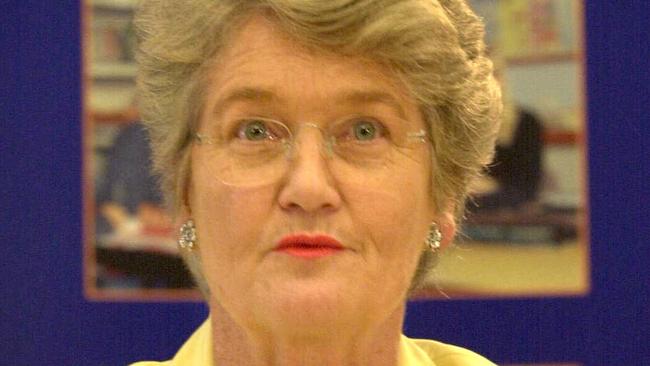Cabinet archives: Polling drove mutual obligations agenda
Internal government polling presented to cabinet in August 2000 revealed overwhelming public support for its plan to extend mutual obligation requirements beyond the young jobless.

Internal government polling presented to cabinet in August 2000 revealed overwhelming public support for its plan to extend mutual obligation requirements beyond the young jobless.
The 2000 cabinet papers show then families and community services minister Jocelyn Newman, now deceased and the only woman in John Howard’s cabinet at the time, presented a plan to publicly release the final report by her Reference Group on Welfare Reform, set up a year earlier.
The group, chaired by then Mission Australia chief executive Patrick McClure, was created to “assist the government to identify approaches to prevent and reduce welfare dependency by people of workforce age”.
The McClure Report, as it became known, proposed better delivery of social welfare programs to “activate and support economic and social participation, consistent with individual capacities and circumstances”.
In particular, the report called for “an expanded concept of mutual obligations”.
“This would entail a mutual obligations regime for all income recipients of workforce age,” the cabinet submission said.
Senator Newman’s submission recognised expanding mutual obligation would be “sensitive”, but told her cabinet colleagues the public was onside, based on the polling of federal departments.
“A survey conducted on behalf of my department on community attitudes to activity test arrangements shows that 90 per cent of people think unemployed people should be required to undertake activities to improve their job prospects,” her submission said. “For parents (including sole parents), over 60 per cent of people think parents should undertake an activity (such as looking for work, undertaking training, participating in voluntary work) by the time their youngest child is six.”
She said a separate survey undertaken for the Department of Employment, Workplace Relations and Small Business showed “strong support for extending mutual obligation to other support payments”.
“For example, 88 per cent support extension of mutual obligation to unemployed people aged 35-44 years, 77 per cent support it for unemployed people aged 45-54 years, 73 per cent support it for sole parents with secondary school-aged children and 55 per cent where children are of primary school age,” her submission said. “Support is lower (29 per cent) for parents of preschool-aged children.”
Ms Newman told cabinet she had committed to publicly releasing the report, but advised that some of the Reform Group’s recommendations would need longer term consideration before implementation. She highlighted the particular concerns of older Australians still of working age.
The Aboriginal and Torres Strait Islander Commission told cabinet that while it welcomed the government’s commitment to provide welfare in accordance with individual circumstances, it criticised the Reform Group for lack of consultation with Indigenous peoples, and noted there was no Indigenous representation in the group itself.




To join the conversation, please log in. Don't have an account? Register
Join the conversation, you are commenting as Logout